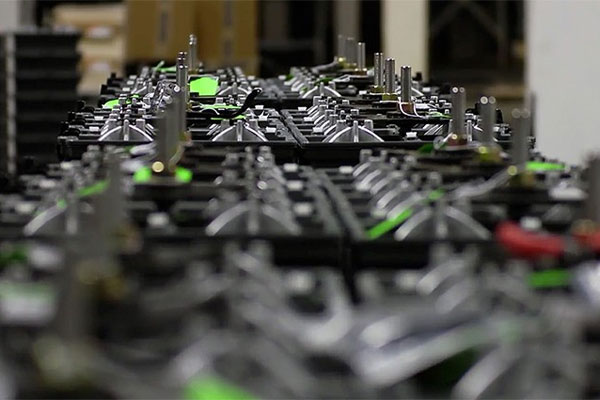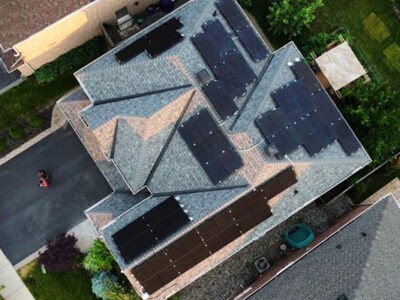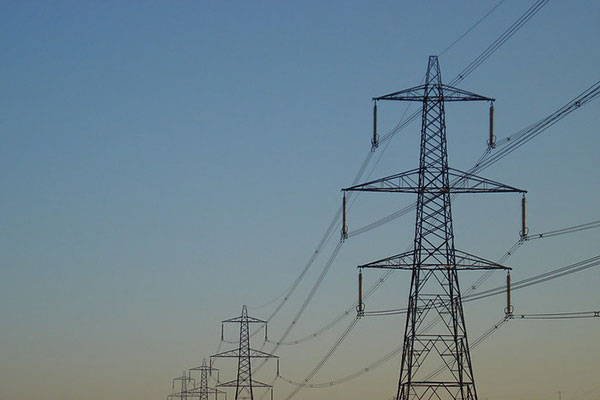Safety concerns surrounding lithium-ion batteries have inspired a variety of policy initiatives restricting their usage in homes or densely populated cities.
For instance, in November, New York City’s fire department and the New York State Energy Research and Development Authority (NYSERDA) convened to address the very real concern about lithium-ion-related fires in New York City and commissioned a study on how to handle potentially flammable storage systems in an already complex and outdated New York City grid.
Perhaps piggybacking off that initiative, the issue has once again become a hot topic – this time in Australia as officials with Standards Australia are proposing tough new rules for the installation of lithium ion batteries in homes.
According to a story in Renew Economy website: “Standards Australia will advise lithium-ion battery storage should only be installed in free-standing ‘kiosks’ – or effectively a ‘bunker’ as one source described it – which would likely add thousands of dollars to the cost of installation.”
Though they have been a significant initial driver to the early growth of the energy storage industry, lithium-ion batteries contain highly flammable electrolytes which are capable of an explosion in a number of circumstances. Obviously, the risk of fire or even explosion has worried regulators as storage systems gain popularity – especially in homes.
If Standards Australia follows through with this decision, the potential impact would certainly be widespread as Australia has been a fertile proving ground for the global storage industry with upwards of 2 million home units expected to be installed by 2020 and 6 million by 2030. Despite the popularity of lithium-ion batteries, installing free-standing structures for all of these homes is certain to be a massive (and expensive) a headache.
Don’t start worrying just yet. There are alternatives.
Like many technologies within the renewable energy space, energy storage has made tremendous strides in the past several years with advancements in long-duration abilities, cost efficiency and most importantly, safety. A notable driver of this growth has been to develop alternative chemistries to lithium-ion batteries.
Now, homeowners and businesses in Australia have safer options for home batteries.
Take, for example, the Aspen Battery Series. Safety has always been a major driver for Aquion. They manufacture the safest batteries in the world, providing both peace of mind and energy independence for our customers.
In fact, their batteries are completely non-toxic and simply won’t catch fire or explode.













Comments